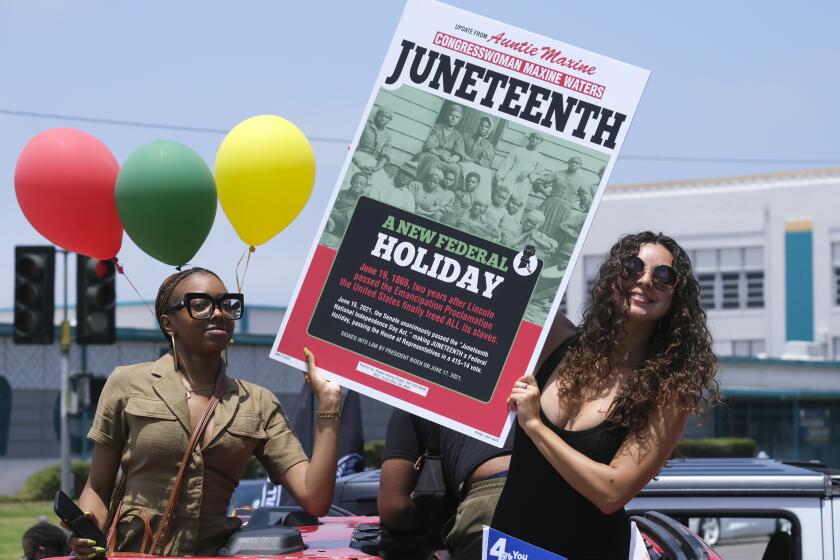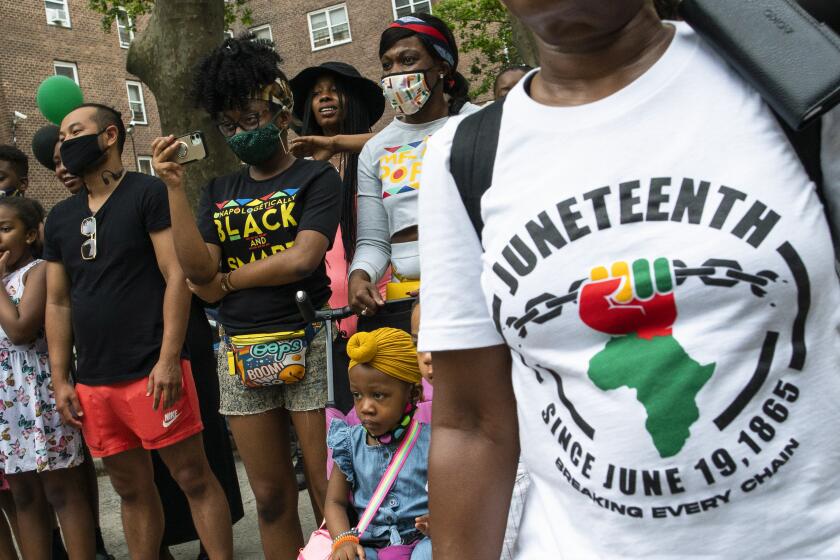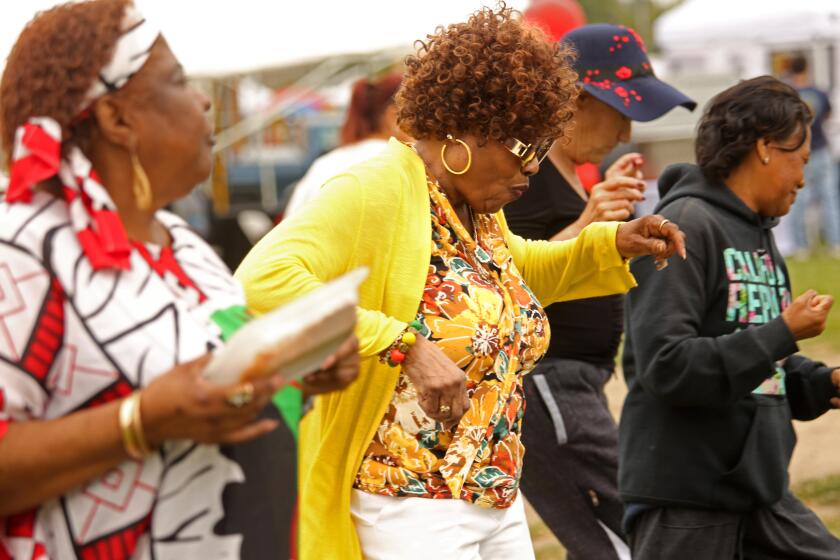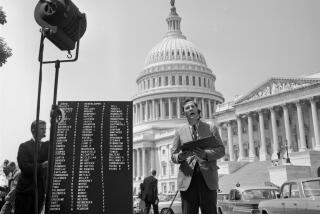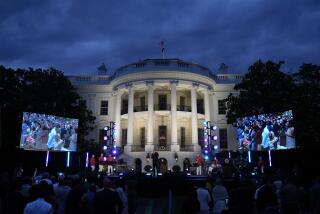Americans mark Juneteenth with parties, events and quiet reflection on the end of slavery
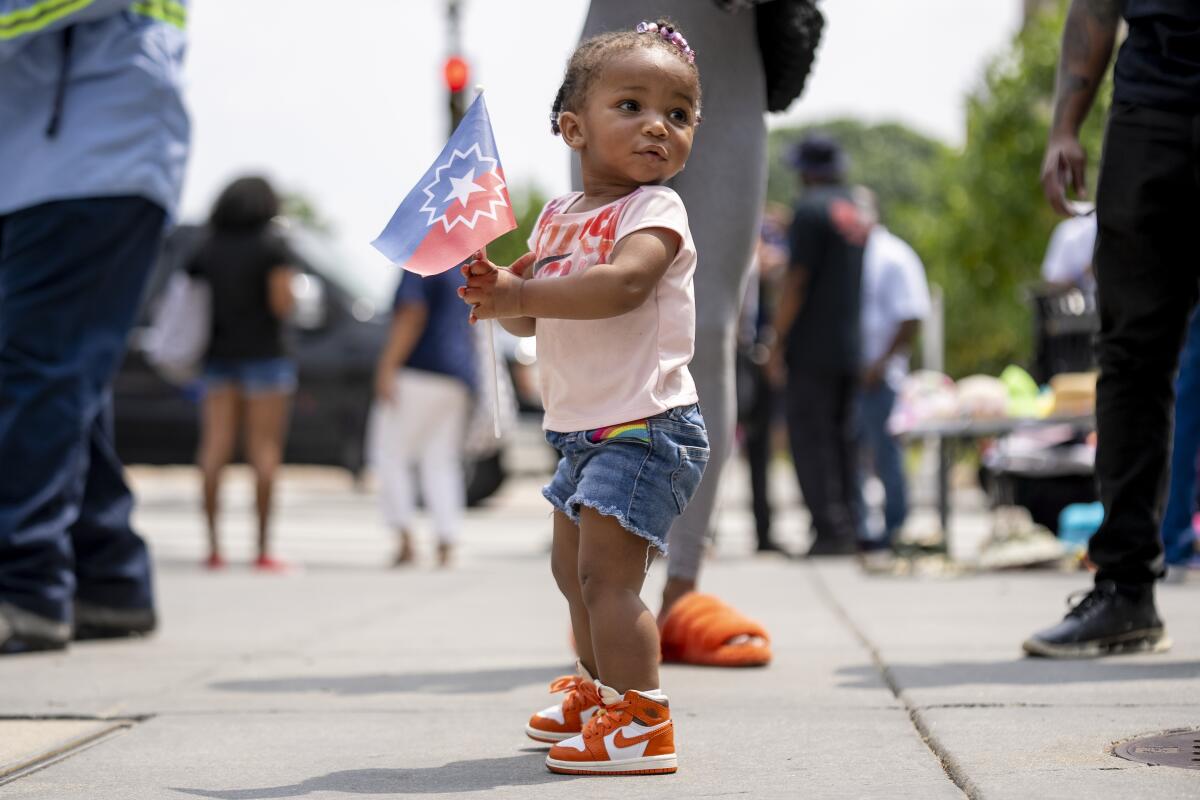
Americans celebrated Juneteenth across the country over the long weekend, marking the relatively new national holiday with cookouts, parades and other gatherings as they commemorated the end of slavery after the Civil War.
Although many have treated the holiday weekend as a reason for a party, others urged quiet reflection on America’s often violent and oppressive treatment of its Black citizens. And still others have remarked at the strangeness of celebrating a federal holiday marking the end of slavery in the nation while many Americans are trying to stop parts of that history from being taught in public schools.
“Is #Juneteenth the only federal holiday that some states have banned the teaching of its history and significance?” author Michelle Duster asked on Twitter, referring to measures in Florida, Oklahoma and Alabama prohibiting an Advanced Placement African American studies course or the teaching of certain concepts of race and racism.
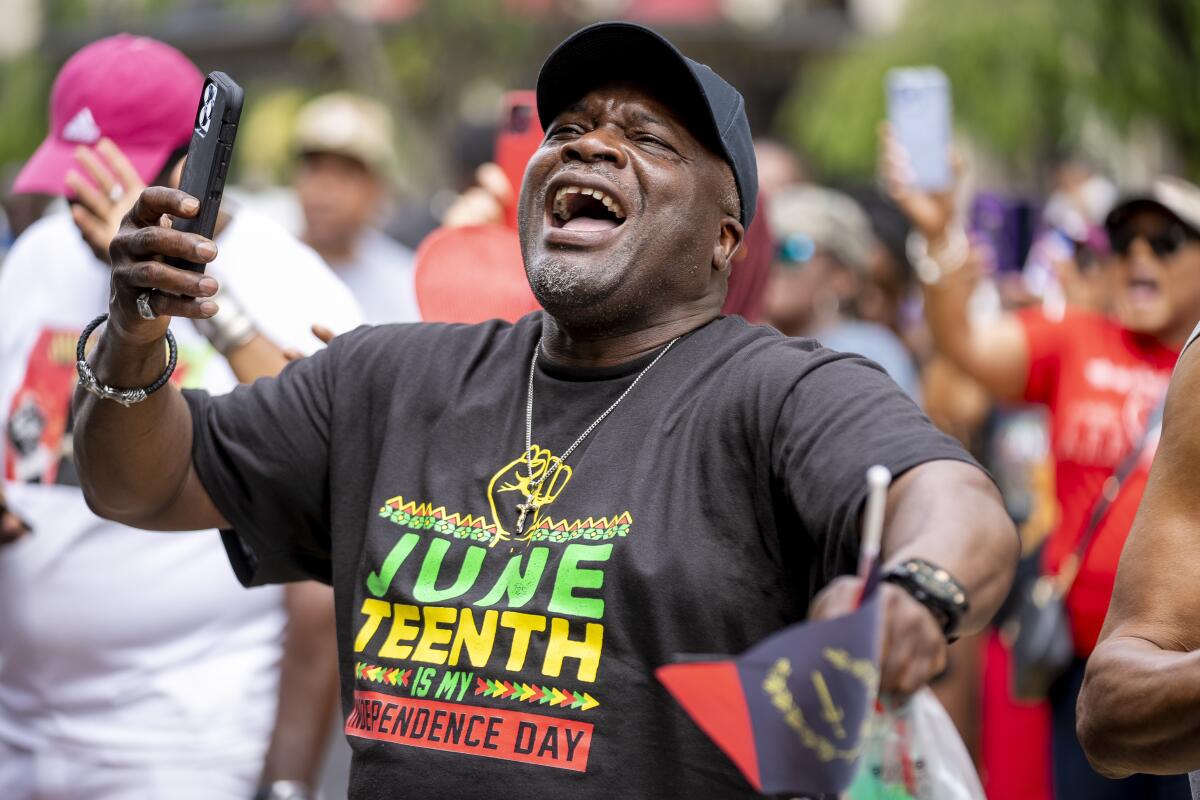
Monday’s federal holiday commemorates the day in 1865 when enslaved people in Galveston, Texas, learned they had been freed — two years after the Emancipation Proclamation was issued during the bloody Civil War. For generations, Black Americans have recognized Juneteenth, but it became a federal holiday only two years ago.
What is Juneteenth and who helped make it a federal holiday? When did the last enslaved people in the United States learn they were free?
In Fort Worth, Texas, the woman known as the “grandmother of Juneteenth,” Opal Lee, led her annual Walk for Freedom. The 96-year-old former teacher and activist is largely credited with rallying others behind a campaign to make Juneteenth a federal holiday. This year, Lee became only the second Black person to have her portrait hung in the Senate chamber of the Texas Capitol.
At a Sunday Mass in Detroit, one Roman Catholic church devoted its service to urging parishioners to take a deeper look at the lessons from the holiday.
“In order to have justice we must work for peace. And in order to have peace we must work for justice,” John Thorne, executive director of the Detroit Catholic Pastoral Alliance, said to the congregation at Gesu Catholic Church in Detroit.
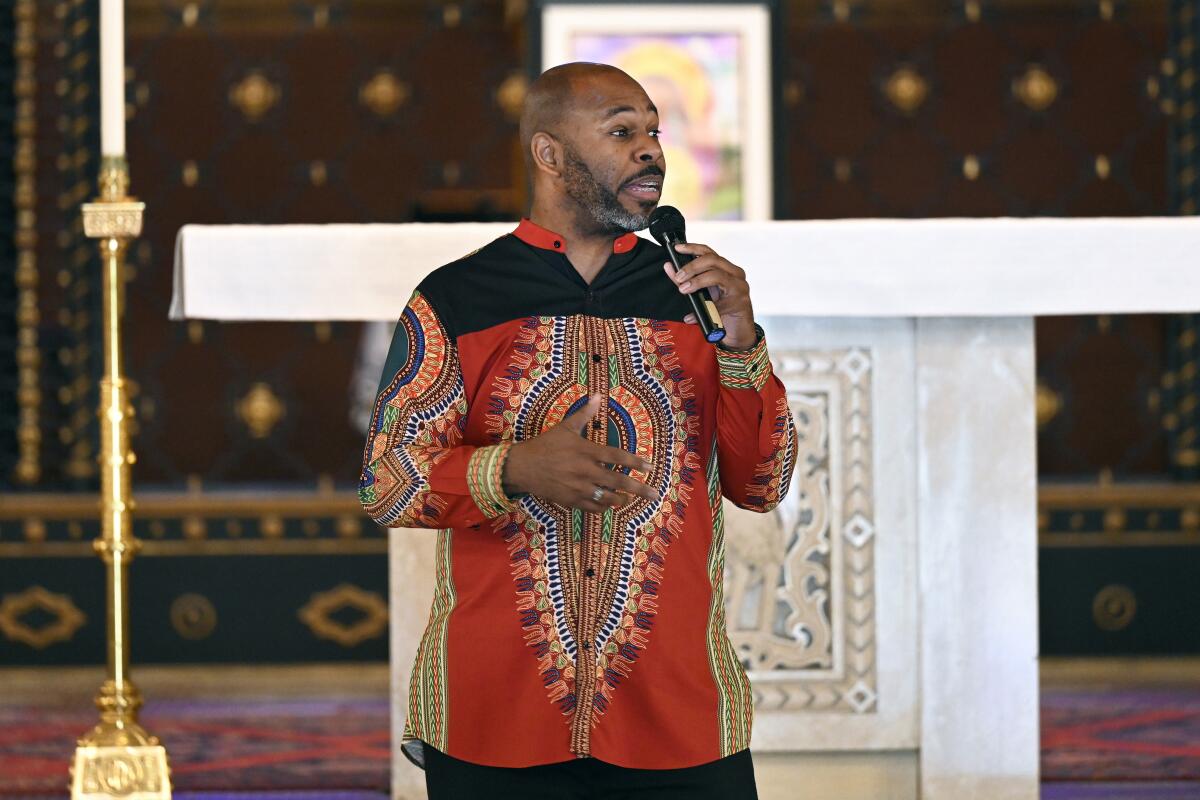
Standing before paintings of a Black Jesus and Mary, Thorne said Juneteenth is a day of celebration, but it also “has to be much more.”
It was important to speak about Juneteenth during Sunday Mass, the Rev. Lorn Snow told a reporter as the service was ending.
“The struggle’s still not over with. There’s a lot of work to be done,” he said.
Most Black Americans agree, according to a recent poll. A full 70% of Black adults queried in an AP-NORC poll said “a lot” needs to be done to achieve equal treatment for African Americans in policing. And Black Americans suffer from significantly worse health outcomes than their white peers across a variety of measures, including rates of maternal mortality, asthma, high blood pressure and Alzheimer’s disease.
The effort to designate Juneteenth as a holiday has faced skepticism from Legislatures that have largely chosen symbolic celebratory gestures instead.
Ryan Jones, the associate curator at the National Civil Rights Museum in Memphis, Tenn., said Juneteenth should be celebrated in the U.S. with the same emphasis that July 4 receives as Independence Day.
“It is the independence of a people that were forced to endure oppression and discrimination based on the color of their skin,” Jones said.
The museum is located at the site of the old Lorraine Motel, the former Black-owned hotel where the Rev. Martin Luther King Jr. was killed in 1968. It offered free admission on the holiday. At the museum, visitors can hear recorded speeches from civil rights leaders including King, Fannie Lou Hamer, Medgar Evers and others.
Jones said the Juneteenth holiday is a time to reflect on the past.
“It acknowledges the sacrifices of those early civil rights veterans between World War I and World War II, and of course in the modern society, the protests, the demonstrations, the nonviolence, the marches,” Jones said.
The Tennessee Legislature passed a bill this year making it a state holiday.
In New York, a hybrid event in Central Park on Monday celebrated the 50th anniversary of hip-hop, with an emphasis on the local Black community’s impact on the genre. The event capped off a packed weekend of festivities that saw a growing number of collaborators working together to spread awareness of the holiday, according to Athenia Rodney, the founder of the nonprofit group Juneteenth NYC.
It would be a mistake to consider Juneteenth purely a celebration of emancipation. As with most victories against racism, there is also a story of resistance to change.
Rodney said she planned to spend Monday at home, reflecting on the historical roots of the holiday and how much has changed.
“Juneteenth isn’t just about a party or a festival, it’s about how we bring the community together under the umbrella of unity,” Rodney said.
As Americans gathered to mark the holiday, it wasn’t without incident. In a Chicago suburb late Saturday night, one person was killed and 22 were injured in a shooting still being investigated by police. One witness said the party in the parking lot of a Willowbrook, Ill., strip mall was a Juneteenth celebration.
More to Read
Sign up for Essential California
The most important California stories and recommendations in your inbox every morning.
You may occasionally receive promotional content from the Los Angeles Times.
